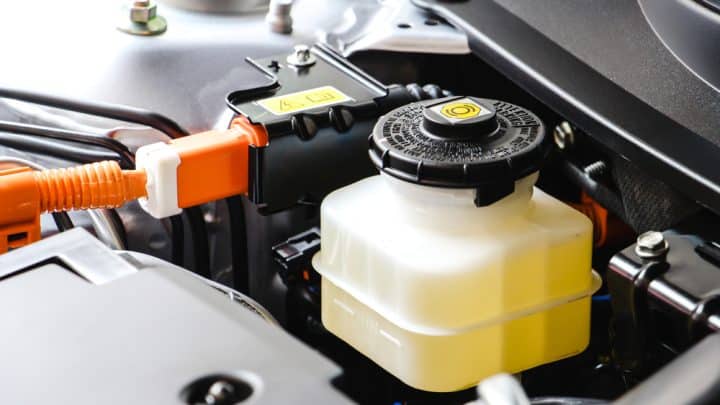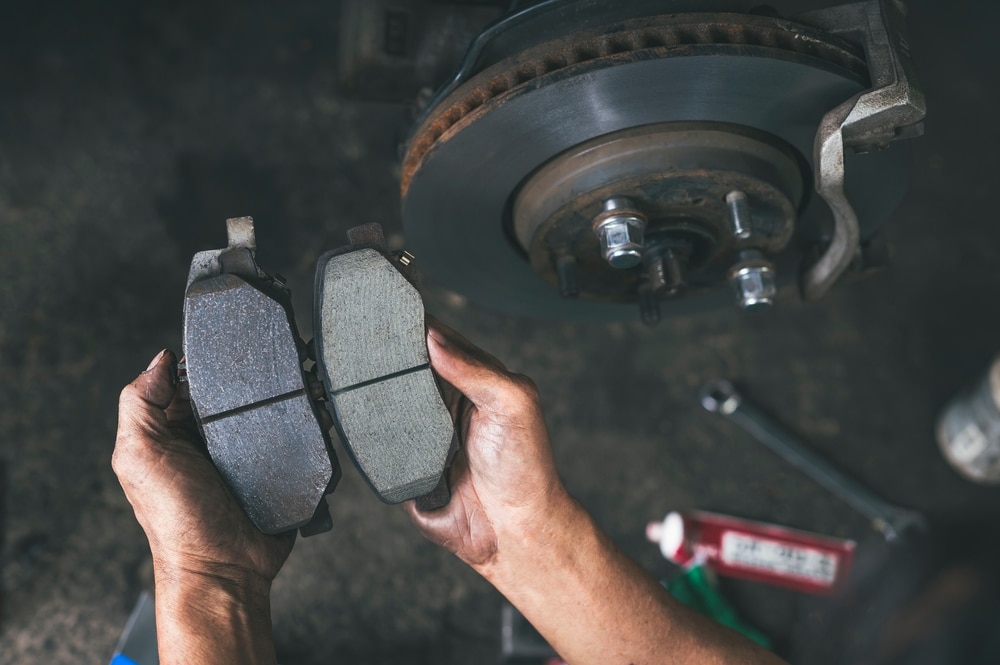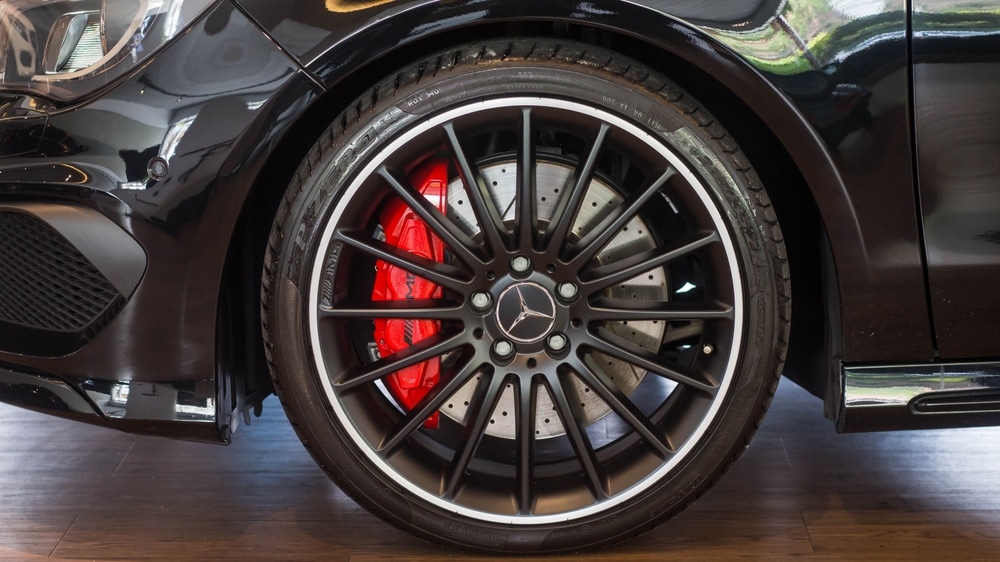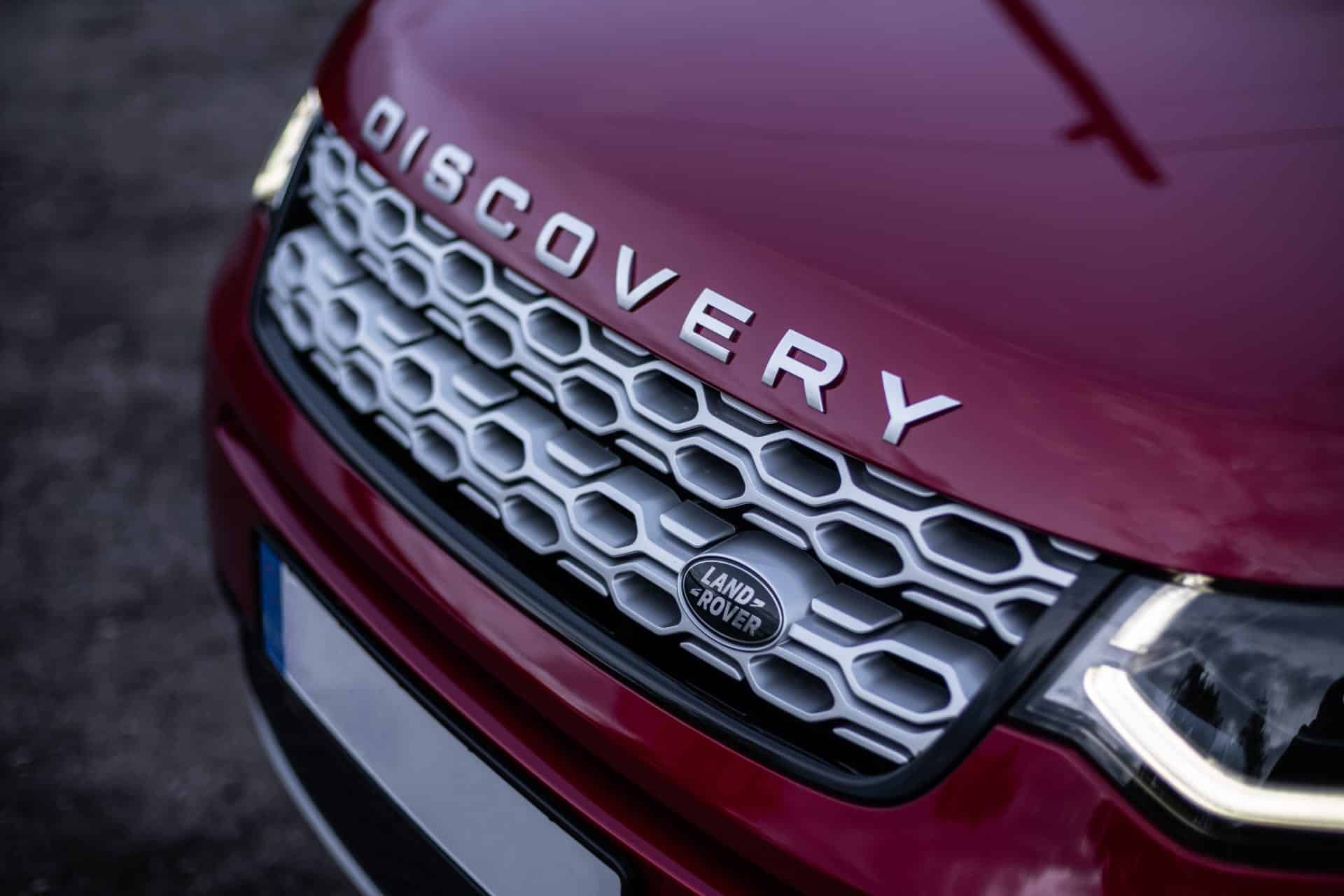Volkswagen Brake Fluid
Maintaining your brake system’s excellent condition is vital for your safety while driving. Your brakes are a critical component in ensuring you can safely and efficiently brake, whether you need to stop suddenly or gradually. In order to guarantee optimal brake performance, you must keep your brake fluid in good condition, as it is an integral part of your braking system.
The brake fluid maintains proper lubrication in your Volkswagen, allowing for optimal braking performance. It helps to reduce friction, protecting the braking system components from wear and tear.
In this blog, we will cover the importance of brake fluid for the braking system, the possible consequences of using contaminated or unclean brake fluid, and how you can assess the state of your Volkswagen brake fluid.
So let’s begin…
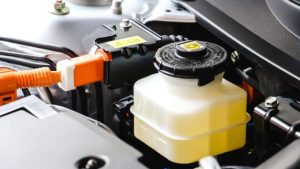
Volkswagen Brake Fluid: Why is it Important?
Brake fluid plays a crucial role in your Volkswagen’s braking system, and understanding its importance is key. Here’s why:
Reliable Braking Performance: Volkswagen brake fluid is specifically engineered to meet the demanding requirements of your vehicle’s braking system. It ensures smooth and responsive braking, allowing you to stop safely and efficiently when needed.
Heat Dissipation: Braking generates considerable heat due to friction between brake components. Volkswagen brake fluid dissipates this heat, preventing overheating and maintaining consistent braking performance even under extreme conditions.
Corrosion Prevention: Brake fluid not only acts as a hydraulic medium but also plays a vital role in stopping corrosion within the braking system. Volkswagen brake fluid contains corrosion inhibitors that help protect crucial components, prolonging their lifespan and ensuring optimal functionality.
Regular maintenance, including checking the brake fluid level and following the recommended replacement intervals, is essential to ensure your Volkswagen’s braking system operates at its best.
At South Coast Garage, we have skilled professionals who can service and maintain your Volkswagen braking system. This not only saves you time but also money, as brake repairs can be costly. Our services match the quality of your nearby Volkswagen dealership but at a better value.
Get in touch with us today to schedule an appointment.
What Are the Dangers of Low or Dirty Brake Fluid?
Low or dirty brake fluid poses serious risks to your vehicle’s braking system and safety. Here’s why:
Decreased Braking Performance: Insufficient or dirty brake fluid can make your brakes less effective, resulting in a spongy pedal, longer stopping distances, and reduced overall braking power. This increases the risk of accidents and makes it harder to control your vehicle.
Brake Fade: Contaminated or overheated brake fluid can lead to brake fade, causing a sudden loss of braking power. This can happen during prolonged or intense braking, compromising your ability to slow down or stop safelyComponent Damage: Dirty brake fluid contains particles, moisture, or air bubbles that can damage critical components like brake lines, callipers, and cylinders. This can lead to corrosion, clogs, and increased wear, potentially resulting in expensive repairs and system failures.
Safety Hazards: Inadequate brake fluid levels or contaminated fluid increase the risk of accidents. You may experience delays or reduced braking capacity when trying to stop or slow down, jeopardising your safety and that of others on the road.
Anti-lock Braking System (ABS): A VW’s ABS will be affected by dirty or low brake fluid. The ABS is there to regulate braking pressure effectively in emergency situations, but it needs brake fluid that is clean and in good working condition.
To prevent these dangers, regularly check your brake fluid level and quality according to the manufacturer’s guidelines. If you notice signs of dirty or low brake fluid, such as decreased performance or discoloured fluid, book your VW in at South Coast Garage so one of our qualified mechanics can inspect the brake system.
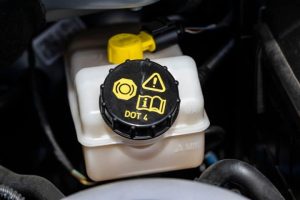
How to Check Your Volkswagen Brake Fluid
Ensuring your safety while on the road is essential, and that’s why you need a dependable garage to handle your brake fluid replacement or maintenance. Look no further than South Coast Garage – we provide excellent brake fluid that’s tailor-made for your Volkswagen’s specific make and model.
However, you can regularly check VW brake fluid yourself to make sure it’s clean and at the right levels, by following these steps:
- Park your Volkswagen on a level surface and switch off the engine.
- Open the bonnet and locate the brake fluid reservoir. It is typically a translucent plastic container located near the back of the engine.
- Make sure the top of the reservoir is clean to prevent any dirt or debris from falling in when you open it.
- Carefully remove the cap of the brake fluid reservoir.
- Look at the side of the reservoir to see the “Minimum” and “Maximum” markings.
- Ensure that the brake fluid level is between the “Minimum” and “Maximum” markings or at the “Full” line.
- If the level is below the minimum or approaching it, it’s time to add brake fluid. Your owner’s manual should have all the details you need for the specific brake fluid your vehicle should use. If you’re still unsure, book your VW in with one of our specialists who can advise.
- Slowly pour the brake fluid into the reservoir, taking care not to spill any on the engine or surrounding components. A funnel may be useful for this step.
- Replace the reservoir cap securely.
- Close the bonnet of your Volkswagen.
Newer Volkswagen models may have an electronic brake fluid level sensor, so here’s how to check the levels electronically:
- Start your engine and allow it to idle.
- Look for a button or control on the steering wheel or instrument cluster that cycles through the menu or settings.
- You can find the brake fluid level display on the electronic dashboard display by using this button or control.
- Your brake fluid level should now be displayed as a percentage or bars.
- If your brake fluid level is below the minimum threshold, this indicates that your brake fluid is low and needs to be topped up, either by following the steps above or by contacting our VW team here at South Coast Garage.
We would always recommend a trusted mechanic replace the brake fluid of your Volkswagen. Our team at South Coast Garage are happy to help. Give us a call today to book an appointment.
In Summary
Taking care of the brake fluid in your Volkswagen is essential to ensure that your braking system functions properly. Proper maintenance guarantees that the system components are well-lubricated and protected from corrosion. Neglecting this issue can result in costly repairs and pose a threat to your safety. The critical parts, such as brake lines, callipers, and master cylinders, may be compromised if not attended to properly.
Dirty or contaminated brake fluid can also negatively impact the performance of the Anti-lock Braking System (ABS), which prevents wheels from locking during braking on challenging surfaces. This system is crucial to ensure safe driving.
We would always recommend a qualified professional handles any maintenance or replacement of brake fluid. At South Coast Garage, our Volkswagen experts ensure the best care for your Volkswagen. With our brake fluid replacement, you will have peace of mind knowing your brake fluid is clean and high-quality. Contact us today!
